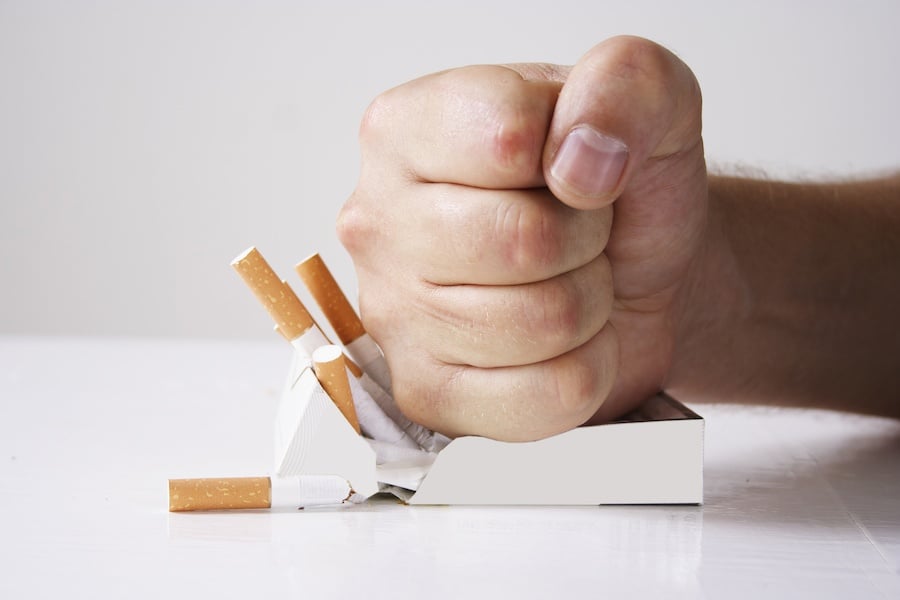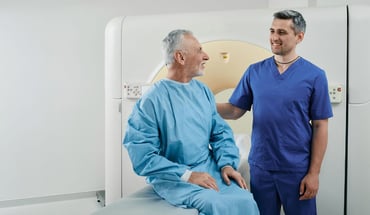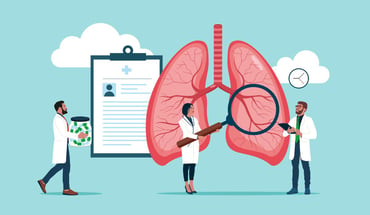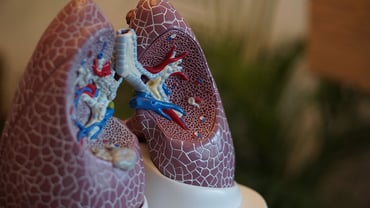
What is the American Cancer Society's Great American Smokeout? It's an annual event, held the third Thursday of every November, a date on which smokers nationwide are asked to give up smoking. Quitting for just one day helps you take action toward a healthier life, and reduce your lung cancer risk.
Each year, the Great American Smokeout calls attention to the deaths, lung cancer diagnoses, and other chronic diseases that smoking causes, and how to prevent them. As a result of this event, there have been actions taken towards reducing the health impacts that smoking can have on smokers and non-smokers including:
- Many states and local governments have banned smoking in restaurants, public spaces, and workplaces.
- Increased taxes on cigarettes
- Limiting of cigarette advertisements and product placements.
Each of these elements is reason enough to hold the Great American Smokeout. However, the event also helps smokers to make a plan to quit smoking and serves as an access point to information on the many tools that are available to help you eliminate the habit from your life.
Of course, quitting isn't easy. And it's hard to do it alone. But, you don't have to.
Ways to Quit Smoking
- Get help from stop-smoking support groups
- Seek Counseling
- Enlist the support of family members and friends
- Utilize available nicotine replacement products and/or prescription medicine designed to reduce the craving for tobacco
- Follow stop-smoking guidebooks
- Use stop-smoking phone support hotlines
- Join online support groups
Combining at least two of these practices supports works better than using just one alone, and some people may find it best to use as many as four.
But while quitting smoking may be a challenge, you'll find that eliminating smoking from your life offers a wide array of health benefits, too, some of which you may feel almost immediately.
Timeline of Health Benefits When You Quit Smoking
- 20 minutes: Within 20 minutes - just 20 - of you quitting smoking, you'll find that your heart rate and blood pressure will drop.
- 12 hours: In half a day, the level of carbon monoxide in your blood drops to normal.
- 1 to 9 months: Your shortness of breath and coughing decreases.
- 2 to 3 months: Your circulation improves and lung function increases.
- 12 months: One year after you quit smoking, your risk of a heart attack dramatically drops. Excess risk of coronary heart disease will be half of someone who continues to smoke.
- 2-5 years: Your risk of stroke can drop to that of a non-smoker.
- 5 years: As time goes on, your health benefits will continue to increase. According to the U.S. Surgeon General's Report and the World Health Organization, after five years tobacco-free, the risk of mouth cancer, throat cancer, bladder cancer, and esophageal cancer is cut in half. The risk of women developing cervical cancer drops to that of a non-smoker.
- 10 years: Your risk of dying from lung cancer falls to half the risk of a person still smoking; the risk of pancreatic cancer and cancer of the larynx - your voice box - also decreases.
- 15 years: Your risk of coronary heart disease is now that of a non-smoker.
It is never too late to quit tobacco use. The sooner you quit, the more you reduce your risk of developing lung cancer. Watch our video to learn more about the health benefits of quitting smoking.
Quitting tobacco also results in other health benefits: the risk of diabetes is lowered, and your blood vessels, heart, and lungs all work more effectively. Smokers live 10 years less than non-smokers, but by quitting smoking before age 40, your risk of dying from diseases related to smoking decreases by a whopping 90%!
Convinced?
Want to participate in the Great American Smokeout? Here's how: take that all important step toward a much healthier life by making a plan to quit smoking on November 16th. If you are local to Virginia, the Virginia Department of Health, through Quit Now Virginia, provides assistance to those who want to stop smoking. The program includes counseling sessions, educational materials, and a 24-hour helpline. Their toll-free number is 1-800-QUIT-NOW.
If you're a non-smoker hoping to help a loved one, here are some do's and don'ts from the American Cancer Society that you can use to help someone quit -- and possibly save their lives, or your own!





